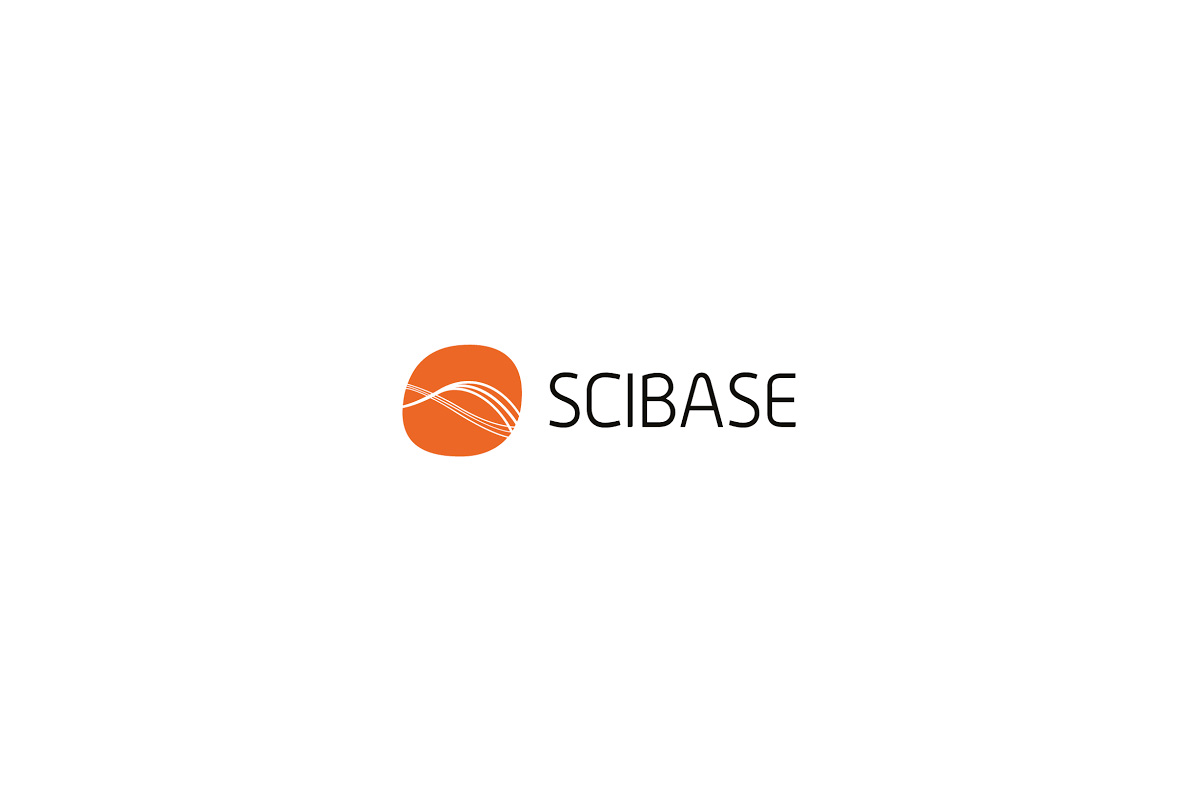Welcome to AI Dispatch, your daily op‑ed–style briefing on the most pivotal moves and breakthroughs in artificial intelligence and machine learning. Today’s installment dives into a controversy shaking the music world, followed by sobering forecasts from top CEOs about AI’s impact on white‑collar work. We’ll unpack what these developments mean for creators, corporations, and policymakers racing to steer the AI revolution responsibly.
Whether you’re an AI practitioner, an executive mapping out automation strategies, or a policymaker wrestling with regulation, our commentary will give you concise takeaways and a few contrarian perspectives. Let’s get started.
1. “Real” or “AI”? The Velvet Sundown Mystery Sparks Debate in Music
In a story that reads like a sci‑fi subplot, BBC News spotlighted Velvet Sundown—a Spotify‑famous band whose members and backstory are almost entirely untraceable online. Listeners have amassed millions of streams, yet no photos, social handles, or tour dates exist for the group. Industry insiders and fans alike now speculate: is Velvet Sundown a clever marketing stunt, a prank, or an AI‑generated collective unleashing perfect, human‑esque tracks into the ether?
-
Authenticity vs. novelty: As generative‑AI tools can now compose full songs with vocals, the line between human artistry and algorithmic output blurs. Velvet Sundown may be the test case for “invisible AI creators” benefiting from genuine fan engagement.
-
Copyright and royalties: If tracks are AI‑authored, who owns the rights? The user who prompted the model? The platform? Or “no one,” creating a legal vacuum that streaming services will scramble to fill.
-
Industry ramifications: Labels and rights organizations are watching closely. A confirmed AI band could spur new metadata standards (e.g., “AI‑generated” flags) and force royalty‑split reforms.
Source: BBC News (“The Velvet Sundown Sparks Major Debate in Music Industry”)
2. CEOs Sound the Alarm: AI Could Erase Half of White‑Collar Jobs
At the Aspen Ideas Festival, Ford Motor’s CEO Jim Farley stunned listeners by predicting that AI may replace 50 percent of U.S. white‑collar roles over the next few years. Farley’s warning isn’t isolated: JPMorgan Chase, Amazon, and Anthropic leaders have echoed projections of 10 – 50 percent workforce reductions as generative‑AI systems automate tasks from report drafting to legal‑brief summaries.
-
Economic shockwaves: Even if “only” 20 percent of roles vanish, the displacement of millions would dwarf the Great Recession’s job losses and strain social‑safety nets.
-
Adaptation vs. panic: Companies like Nvidia and Microsoft argue that AI will also create new roles—AI‑trainers, ethicists, and data‑curators—but the transition risks leaving many behind without urgent upskilling programs.
-
Policy imperatives: Governments must weigh universal basic‑income pilots, retraining subsidies, and revised education curricula that emphasize AI‑complementary skills over rote tasks.
Source: The Wall Street Journal (“CEOs Start Saying the Quiet Part Out Loud: AI Will Wipe Out Jobs”)
3. Cloudflare’s “Pay Per Crawl” Experiment Puts Content Monetization to the Test
In a bold bid to reshape online content economics, Cloudflare this week rolled out a private‑beta “Pay Per Crawl” marketplace that lets website owners charge AI firms each time their bots scrape data. The move builds on Cloudflare’s default blocking of known AI crawlers—introduced earlier this year—and shifts the company from defender to broker, offering publishers granular control and potential new revenue streams.
Why it matters:
-
Rebalancing power: For years, generative‑AI developers have feasted on freely available text, images, and code to train large language models (LLMs). By inserting a micropayment layer, Cloudflare empowers publishers—from major news outlets to niche blogs—to recoup value from their content, forcing AI companies to make commercial arrangements rather than free‑riding.
-
Technical and economic friction: While “Pay Per Crawl” could generate incremental revenues, it also risks fragmenting the web’s data ecosystem. AI firms may seek alternative sources or build proprietary data pools, raising costs and slowing model iteration. The success of this marketplace hinges on balancing fair compensation with minimal onboarding friction for AI developers.
-
Precedent for other CDNs: If Cloudflare’s experiment gains traction, other content‑delivery networks and infrastructure providers are likely to follow suit—ushering in a new era of API‑style, pay‑as‑you‑go data access that could redefine AI training pipelines.
Source: TechCrunch
4. The AML Shop Launches AI‑Aware Financial Investigations Unit
The AML Shop, a Canadian compliance‑services firm, announced the formation of a dedicated Financial Intelligence Unit (FIU) led by veteran investigator Deanna Milne. This new team will harness advanced data sources, secure information‑sharing protocols, and rising AI tools to detect money‑laundering, terrorist‑financing, and sanctions‑evasion schemes across some 24,000 regulated businesses in Canada.
Key implications:
-
AI‑driven forensics: Criminal actors increasingly exploit open‑source AI to obfuscate illicit transactions. The FIU’s focus on “technology‑enabled intelligence” signals that compliance providers are racing to integrate machine‑learning‑powered anomaly detection and network‑analysis algorithms into traditional AML workflows.
-
Regulatory harmonization: With financial regulators demanding stronger due‑diligence and real‑time transaction monitoring, The AML Shop’s FIU could serve as a blueprint for institutions worldwide to centralize expertise, share threat intelligence, and deploy AI to meet evolving supervisory mandates.
-
Talent and trust: Appointing a seasoned leader like Milne underscores the premium on human‑machine teaming. As AI tools proliferate, firms must pair them with seasoned analysts to interpret complex alerts and ensure ethical, compliant outcomes—bolstering client confidence in AI‑enabled compliance solutions.
Source: PR Newswire
5. Clark Atlanta University Partners with IBM to Cultivate Next‑Gen AI Talent
In a strategic alliance announced this week, Clark Atlanta University has teamed up with IBM’s SkillsBuild program to deliver AI and data‑science curricula to students and aspiring developers. The collaboration will offer modular online courses, hands‑on labs using IBM’s Watson and AutoAI tools, and mentorship from industry practitioners—aimed at closing the widening “AI skills gap” in the U.S. Southeast.
Implications for the AI talent pipeline:
-
Democratizing access: By embedding SkillsBuild’s free learning platform into university coursework, Clark Atlanta is lowering barriers for underrepresented communities to enter high‑demand AI roles—an essential step toward building more inclusive, innovative teams.
-
Industry alignment: IBM’s involvement ensures that the curriculum stays aligned with real‑world employer needs, from model‑deployment best practices to understanding bias‑mitigation frameworks and regulatory requirements.
-
Long‑term impact: Graduates equipped with hands‑on AI competencies can more seamlessly transition into internships, co‑ops, and full‑time roles—bolstering regional tech ecosystems and providing companies with a robust pipeline of ethically trained talent.
Source: PR Newswire
Broader Reflections on Today’s AI Landscape
Today’s stories—from phantom AI bands and “pay‑per‑crawl” crawl fees to job‑loss prognostications and talent‑building initiatives—underscore several converging trends:
-
Ethics and attribution in generative AI. The Velvet Sundown mystery highlights the urgent need for provenance frameworks and “AI‑origin” metadata to preserve trust and ensure creators are properly credited (and compensated).
-
Economic retraining imperative. As CEOs warn of mass white‑collar displacement, comprehensive upskilling partnerships—like IBM’s with Clark Atlanta—will be critical to cushion workforce transitions and prevent talent bottlenecks.
-
Monetizing the data economy. Cloudflare’s pay‑per‑crawl model could recalibrate content economics, forcing AI developers to internalize data‑acquisition costs and potentially driving innovation in synthetic‑data generation.
-
AI in compliance and security. The AML Shop’s new FIU illustrates how AI‑driven forensics is becoming a cornerstone of financial‑crime prevention, balancing speed with the human judgment needed to interpret nuanced alerts.
-
Collaborative regulation and innovation. From copyright debates to labor‑market shifts and data‑privacy frameworks, stakeholders must co‑develop policies that foster responsible AI growth without stifling technological progress.
Collectively, these dynamics point to an AI ecosystem where transparency, ethical safeguards, and focused upskilling will determine who captures value—and who gets left behind.
Conclusion
The AI revolution continues to unfold at breakneck pace, reshaping industries, workforces, and governance frameworks. Today’s dispatch has shown that while AI offers unprecedented creative and economic opportunities, it also poses complex challenges around trust, equity, and regulation. Moving forward, it’s imperative that developers, executives, educators, and policymakers work in concert—building interoperable standards, designing human‑centric AI systems, and investing in talent pathways that ensure broad‑based participation in the AI‑driven economy.
Stay tuned to AI Dispatch for tomorrow’s briefing, where we’ll track emerging breakthroughs, spotlight innovative startups, and dissect the policies that will shape the next era of intelligent technology.















Got a Questions?
Find us on Socials or Contact us and we’ll get back to you as soon as possible.